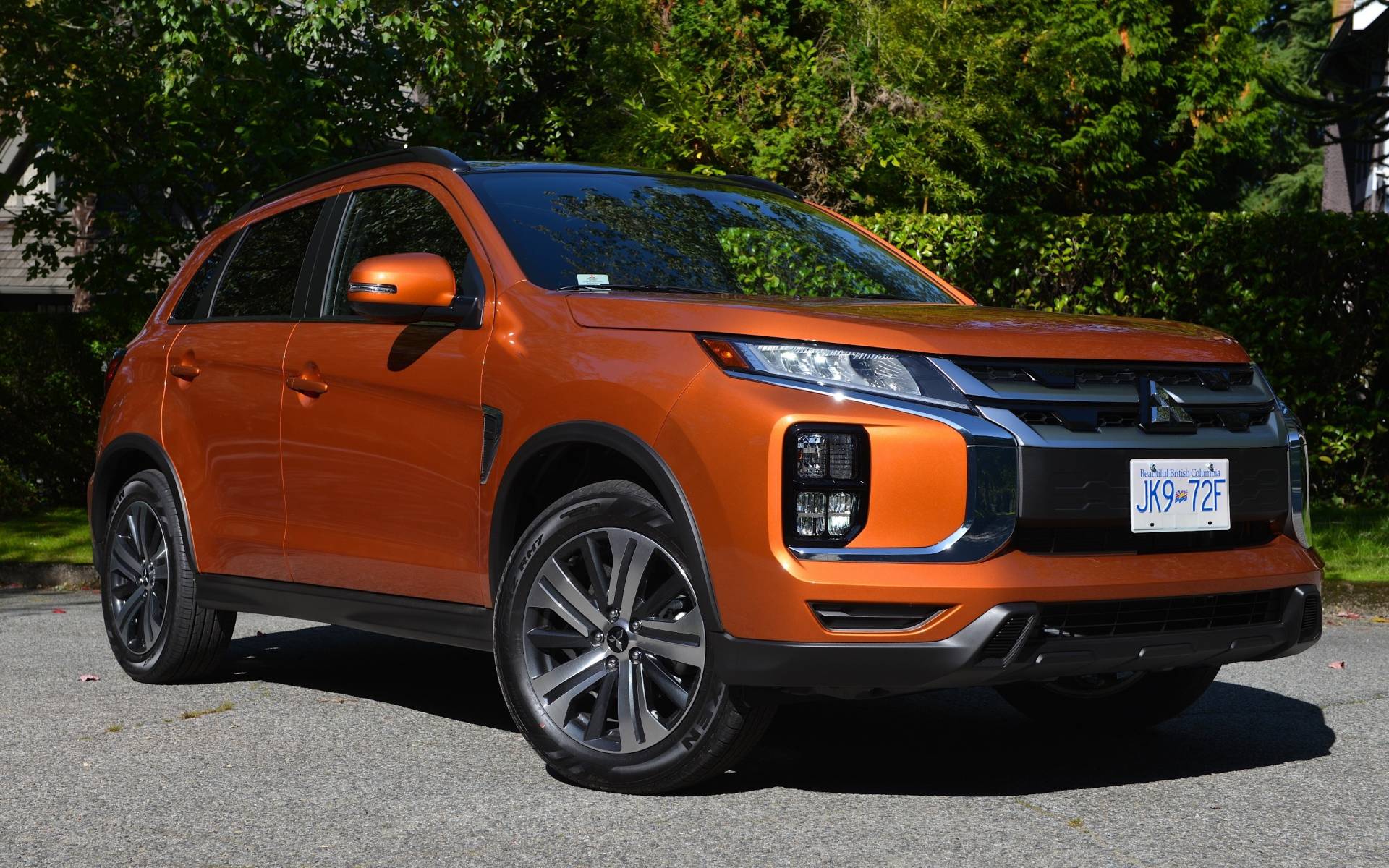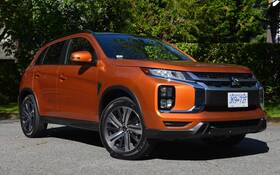2020 Mitsubishi RVR: Anti-aging Cream Can’t Work Miracles

| Strong points |
|
|---|---|
| Weak points |
|
As the youngest member of our editorial staff, I am often told by colleagues how things were so great “in the old days.” Some of their stories date back to a time when I wasn’t even born yet. They’ve met famous race car drivers, attended fancy press events, pushed cars to unreasonable speeds on public highways and so on.
On the other hand, they’ve also spent time in Czech, Russian and early Korean cars that were so bad and unreliable that hitting the road in them was a gamble.
- Also: 2020 Mitsubishi RVR is Better Equipped and Cheaper with AWD
- Also: The Beginning of the End for Mitsubishi in America?
Over the years, automakers have significantly improved the quality of their products while getting rid of some undesirable brands and models. I never thought I would come across a new vehicle with poor construction and an excessively noisy and outdated cabin.
Then I met the 2020 Mitsubishi RVR.

Originally introduced in North America ten years ago, the RVR is really old. There have been a few updates, sure, but nothing major. And it’s the same thing for 2020, with just a slight revision of the front fascia, the integration of LED lights at both ends and the addition of three new body colours.
The two available engines are nowhere near state-of-the-art technology, either. The base 2.0-litre unit produces 148 horsepower and 145 pound-feet of torque, while the optional 2.4-litre mill is potent enough with 168 horsepower and 167 pound-feet of torque. However, both are mated to a continuously variable transmission and quickly start complaining when you depress the throttle.
Driving the 2020 Mitsubishi RVR is just not that pleasant. The biggest problem, once again, is the excessive noise—not only from the engine but also the wind, the road and the suspension. Furthermore, the ride is fairly harsh around town and steering is not among the segment’s best.

Build quality is anything but impressive. Want an example? Part of the dome light assembly fell out at one point during our test drive and I couldn’t manage to put it back in place properly, so it kept falling again. That’s simply unacceptable for a brand new vehicle.
Also, it’s a good thing gas is cheap at the moment (well below $1 per litre), because the little RVR has a big appetite at the pump. The official combined rating from Natural Resources Canada is 9.2 or 9.4 L/100 km, depending on which engine you choose. In comparison, the Subaru Crosstrek (7.9 L/100 km), Mazda CX-30 (8.9 L/100 km) and Honda HR-V (8.5 L/100 km) are all more efficient.
This begs the question: why hasn’t Mitsubishi released a plug-in hybrid variant yet? The larger Outlander PHEV is enjoying relative success so far as the first affordable plug-in hybrid compact SUV in Canada. It may not be perfect, but it does stand out from the competition. The company could have done the same trick with the RVR, which happens to be its best-selling model. Alas, SUV buyers who want a pocket-sized PHEV will now turn to the new Crosstrek Plug-in Hybrid.

On a positive note, Mitsubishi still offers tremendous coverage on all its vehicles including the RVR. You get a 5-year/100,000 km limited vehicle warranty along with a 10-year/160,000 km powertrain warranty. What’s more, reliability is good overall. This is a brand that doesn’t innovate very much and prefers to use time-tested components.
If you’re interested in the RVR, you should know that there are many cheaper alternatives out there. Pricing starts at $22,998 (plus freight and delivery), but you’ll have to settle for a FWD model. You’re better off with an AWD model, especially since Mitsubishi’s system is a good one featuring a 4x4 Lock mode. Prepare to pay at least $25,498—or $27,998 with the bigger engine.
Our top-of-the-line GT AWC tester carried a price of $33,998, which is an outrageous sum considering what you get in return.
Verdict
In a crowded segment dominated by the Hyundai Kona (The Car Guide’s Best Buy among sub-compact SUVs), Subaru Crosstrek, Nissan Qashqai, Honda HR-V and Mazda CX-3/CX-30, the 2020 Mitsubishi RVR just doesn’t have enough desirable features and qualities to compete.











